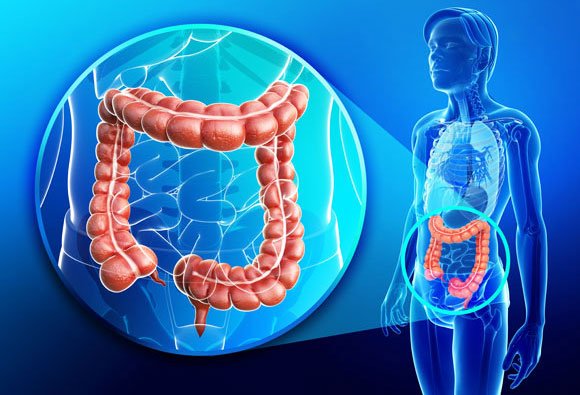Near Amrapali Green Society, Vaibhav Khand, Indirapuram, Ghaziabad, Uttar PradeshPSRI Hospital: Press Enclave Marg, J Pocket, Phase II, Sheikh Sarai, New Delhi, Delhi 110017

Head of Department Liver Transplant, Laparoscopic Surgery & Surgical Gastroenterology
![]() He is the best doctor i have ever seen. He is so humble and too polite. His behavior is too much friendly and he is too communicative. Most importantly he is available all the time for his patient.
He is the best doctor i have ever seen. He is so humble and too polite. His behavior is too much friendly and he is too communicative. Most importantly he is available all the time for his patient. ![]()
![]() A perfect blend of tremendous professional acumen and a wonderful human being.He is very helpful and approachable.Once you are with Dr. Manoj Gupta...rest assured, you are in safe hands....!!! Highly recommended.
A perfect blend of tremendous professional acumen and a wonderful human being.He is very helpful and approachable.Once you are with Dr. Manoj Gupta...rest assured, you are in safe hands....!!! Highly recommended. ![]()
Colorectal surgery is the surgical intervention required to treat the condition related to colon, anus, and rectum. Although the preferred treatment is largely non-invasive when such treatment did not alleviate the symptoms, surgery is required. Proctology is another less commonly used term for colorectal disorders and is generally used to describe the disorders related to anus and rectum. Colorectal surgery also includes diagnosis of the disease-related to colon, anus, and rectum for example colonoscopy.

Various conditions require colorectal surgery such as:
Intestinal obstruction is the condition that causes blockage of the food from passing through the small or large intestine. If left untreated, intestinal obstruction may lead to serious complications due to damage of blocked part. The condition may be caused due to post-surgical complications including the formation of fibrous bands, infection in intestine, inflammation, tuberculosis and cancer. The patient suffering from intestinal obstruction experiences constipation, vomiting, loss of appetite, and abdominal swelling. Diagnosis of the condition is done through physical examination, imaging techniques such as ultrasound, CT scan and X-ray, and barium enema may also be used for colon imaging.
When the other methods for treating the condition is not successful, surgery is done for removing the intestinal obstruction. Early laparotomy is done to treat complete bowel obstruction. Fluid status should be monitored in a patient with severe dehydration before surgery. Apart from removing the obstruction, the surgery should also ensure to avoid the risk of obstruction in future such as hernial repair, lysis of fibrous bands and elimination of foreign bodies. Enterotomy is done to remove the obstruction caused due to gallstone.
Cancer that develops in colon and rectum is known as colorectal cancer or bowel cancer. The condition is further divided into colon cancer or rectal cancer depending upon the specific position of cancerous cells or tumor. Women are slightly at risk of developing this cancer as compared to men and is the second-highest cause for cancer death in women. The patient suffering from colorectal cancer experiences blood from the rectum, abdominal pain and bloating, change in bowel habits, diarrhea or constipation, blood in stools, and unexplained weight loss.
Treatment options for colorectal cancer include surgery, chemotherapy, radiation therapy, and ablation. Surgery for colon cancer includes polypectomy, which involves the removal of cancer as a polyp, and local incision that involves the removal of cancer lesions along with surrounding tissues. In some cases, colectomy is recommended which involves the removal of either partial or complete colon. Colectomy is done either through open colectomy or Laparoscopic-assisted colectomy. Surgery for rectal cancer includes Transanal endoscopic microsurgery, Low anterior resection, Proctectomy with colo-anal anastomosis, and Abdominoperineal resection.
The rectum is the terminal part of the large intestine. It stores the feces before being passed out. When the rectum protrudes from the anus, the condition is termed as rectal prolapse. Various types of rectal prolapse include internal, mucosal and full-thickness rectal prolapse. Pregnancy, constipation, and diarrhea increase the risk of rectal prolapse. In the case of internal prolapse, when the rectum does not protrude out, the patient experiences blood from rectum, constipation, and discomfort.
Surgery is done to place the rectum back in the original position. Various rectal prolapse surgeries are available depending upon the condition of the patient. You doctor will decide the surgery that best treats your condition. Various types of rectal prolapse surgeries include perineal rectosigmoidectomy, Laparoscopic rectal prolapse surgery, and repairing of rectal prolapse through the abdomen.